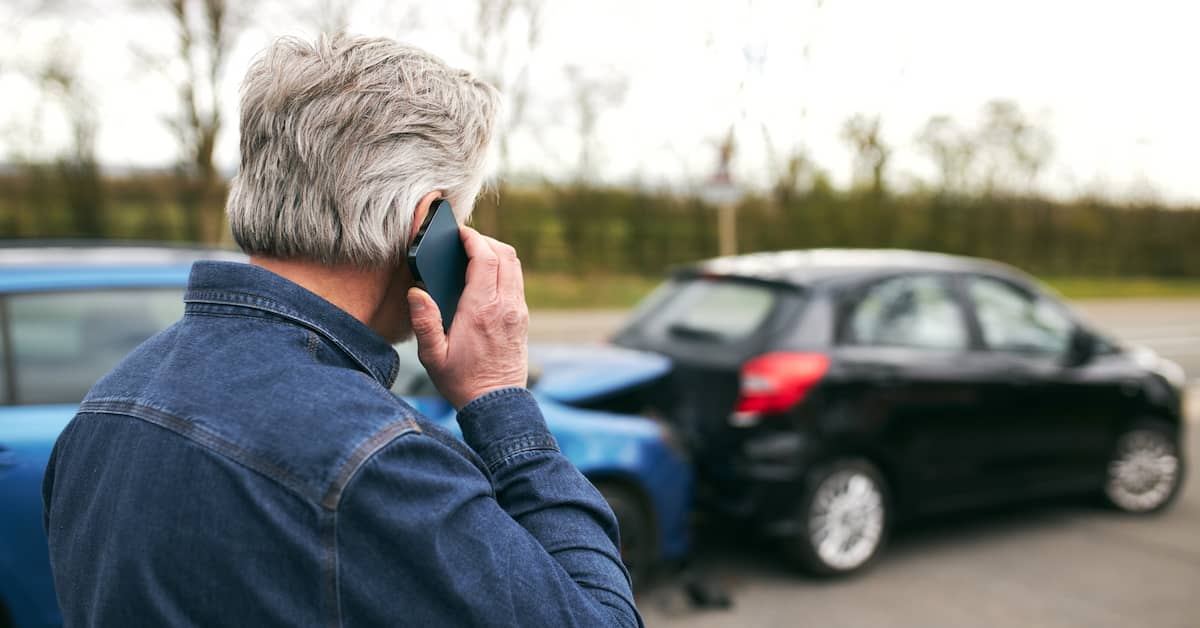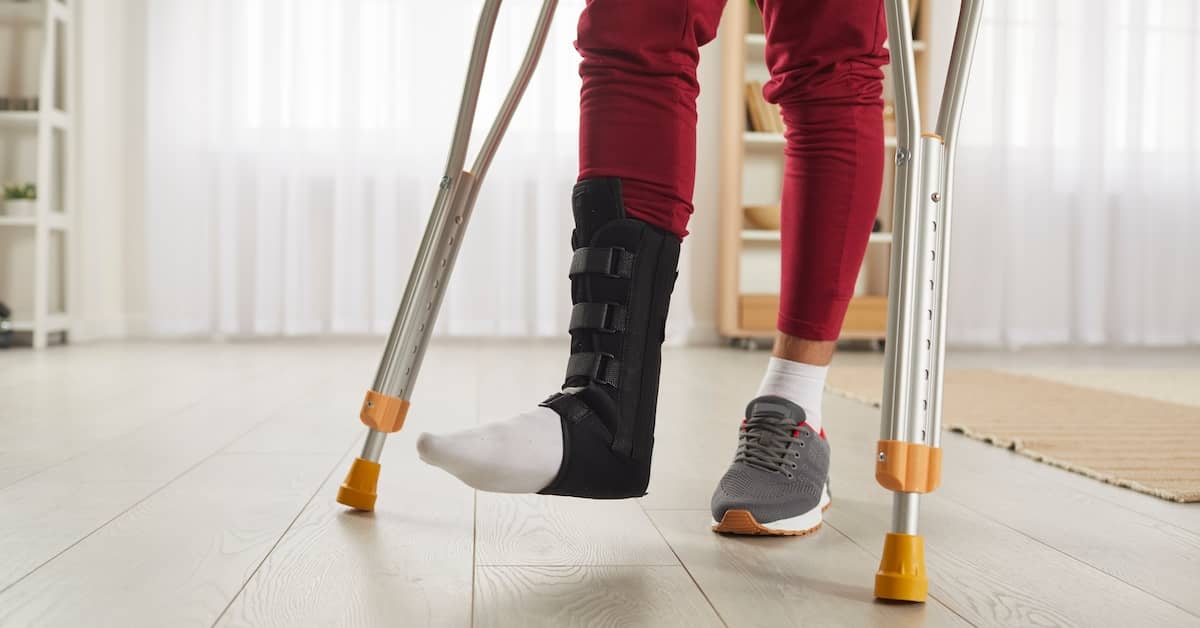When Do You Need To Report Car Accidents in Florida?
When it comes to car accidents in Florida or any other state, it is essential to know under what circumstances and within what timeframe to report them. If you may need to revisit the details of the accident in the future, you should report it, and doing so quickly will likely be in your best interest.
Between insurance companies and law enforcement, there are all sorts of deadlines and expectations. Being aware of the procedures after a car accident is helpful, especially since you may be dealing with injuries that require a great deal of your attention.
Missing a report or passing by a deadline could cost you. The last thing you want is to be penalized for your failure to report while also dealing with the physical and financial consequences of the accident. Acting swiftly and properly is unequivocally recommended.
If you’ve been in a car accident in Florida, navigating the requirements and statutes of limitations can be frustrating. And if you’ve suffered an injury, it can be downright overwhelming. The experienced car accident lawyers at Colling Gilbert Wright may be able to help you in your pursuit of just compensation for your losses. Call (407) 712-7300 today for a FREE case evaluation.
Do I Need to Report My Car Accident in Florida?
In short, you should always report your car accident to someone—the question is to whom, how, and when?
Reporting to Law Enforcement
First and foremost, if you have been injured in a car accident, seek medical attention as soon as possible. Your health is the most critical factor here. If it is an emergency, call 911. Even if it is not, see your doctor when you can and save all documentation of your visit.
Next, there are two principal reasons to report your car accident to the police: it will support your insurance claim, and it may be required. Florida Statute § 316.065 asserts that you must immediately report your car accident to local law enforcement if:
- Anyone was injured or killed
- There was property damage in excess of $500
Florida Highway Safety & Motor Vehicles advises that you also report crashes if:
- It is a hit and run
- A driver was intoxicated
- It involved a commercial vehicle
- A tow truck was required to remove a vehicle
In these instances, the officer who arrives at the scene will typically be the one to file a report. However, if law enforcement is not called to the scene, you will have to self-report the crash within 10 days of the accident. Even if the damage is minor or you don’t think you are injured, filing a report gives you documentation should you need it later.
If you fail to file a report even though you were involved in a reportable accident, you may be fined for a non-moving traffic infraction. A more significant worry, though, is that your claim for compensation could be disputed if there is no report to back you up.
Read More: What Should I Do If I Was Involved in a Car Accident in Orlando?
Reporting to Your Insurance Company
All insurance companies have different deadlines for reporting car accidents. It is important to know what yours is or you risk having your claim denied.
If you’ve been injured in a car accident in Florida, your first source of financial recovery will most likely be your Personal Injury Protection (PIP) insurance. PIP requires that you report your car accident within 14 days. The more promptly you report, the fewer complications that could arise with your claim.
Ensure you collect all documentation throughout this process—police reports, medical care, proof of missed work, etc. The insurance companies are not looking out for you. They will always act in their own best interest. They may find it difficult to argue if you have all the proof you need to support your claim.
Read More: How Is Fault Determined in a Florida Car Accident?
“Reporting” to the Doctor
Along with reports filed to local law enforcement and your insurance company, you may need to “report” to a doctor. PIP requires that you seek medical treatment within 14 days of your accident.
Vigilance when it comes to your medical care is vital. It will also be crucial in your pursuit of compensation for your injuries. An initial exam with your medical provider should establish whether you have an emergency medical condition (EMC) and are eligible for expanded PIP benefits.
Bear in mind, many car accident injuries are delayed in their appearance. Keep up with doctors’ appointments, report symptoms, and collect all documentation. If you end up having to seek compensation beyond PIP, they could be integral to your claim.
When Do I Call an Orlando Car Accident Attorney?
A car accident can be traumatic enough without having to figure out when and how to report it. Filing the proper claims and reports can seem impossible if you’re also in pain and trying to heal and get back to work.
Pursuing just compensation for car accidents in Florida can be complex. If you’ve been injured in a car accident and would like to speak to an Orlando car accident lawyer, contact Colling Gilbert Wright. With a FREE consultation, we can evaluate your claim to ensure you receive the compensation you deserve.

 (407) 712-7300
(407) 712-7300
































